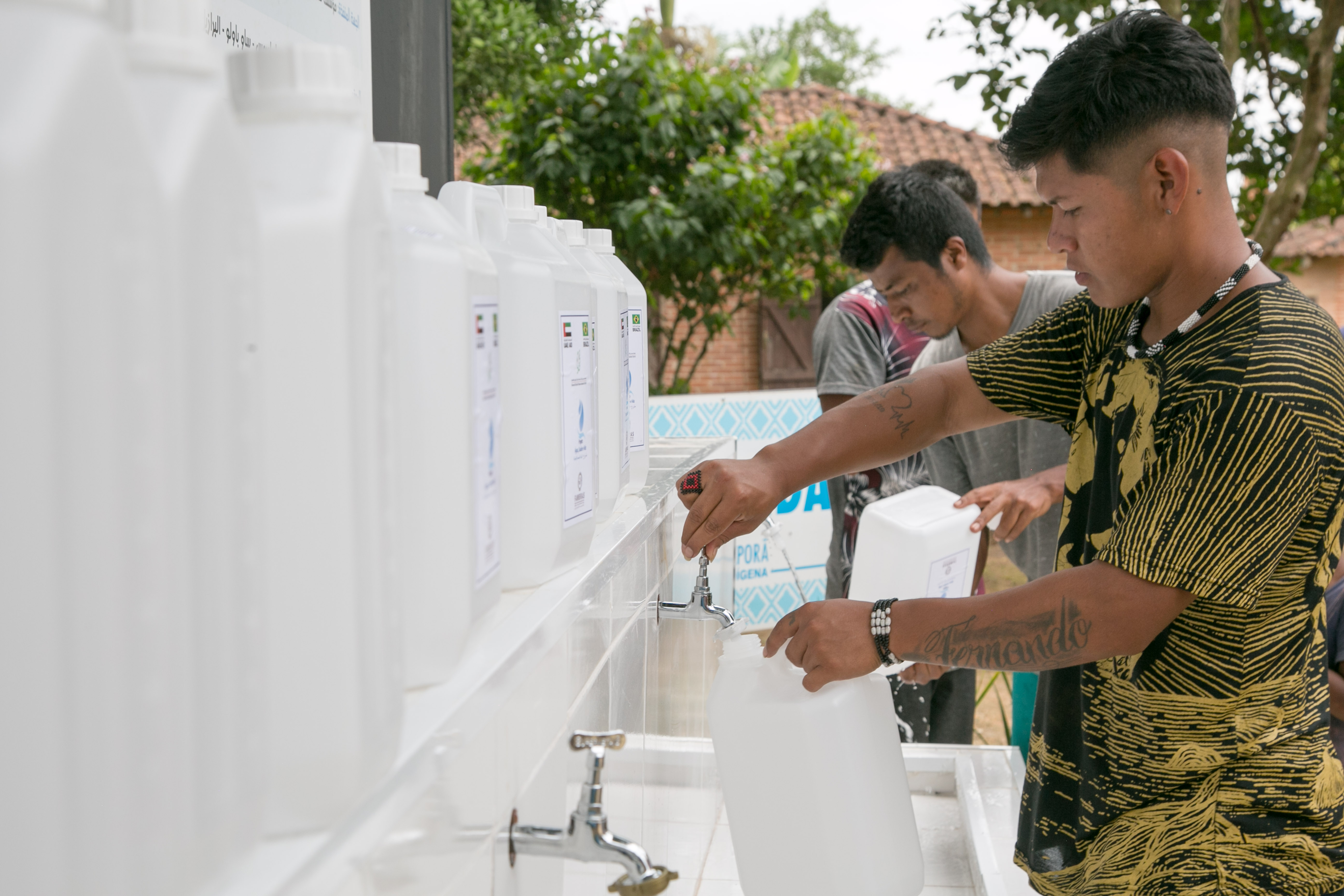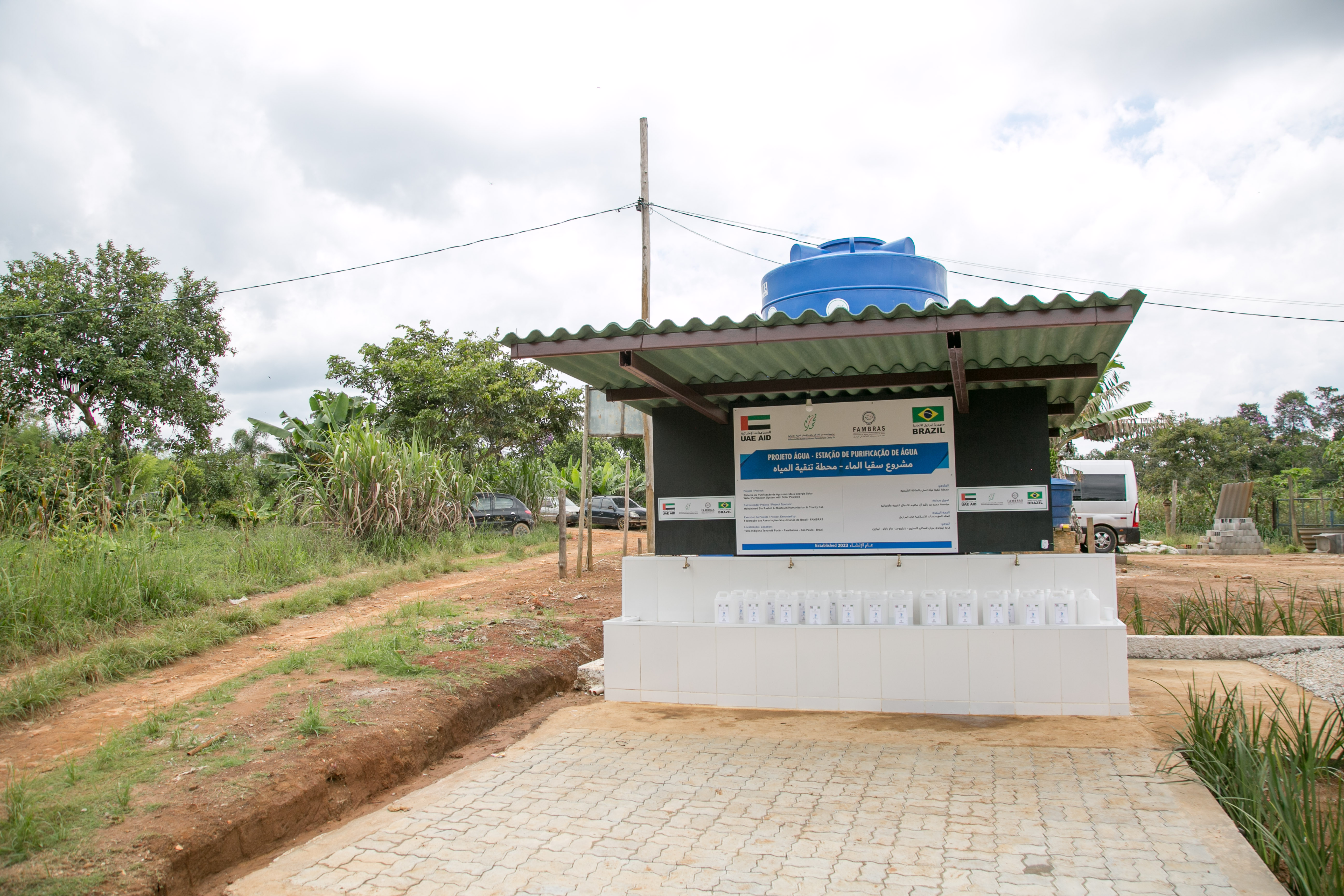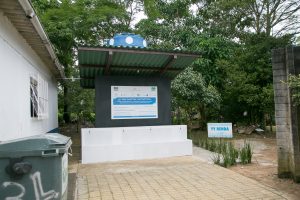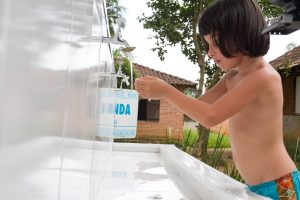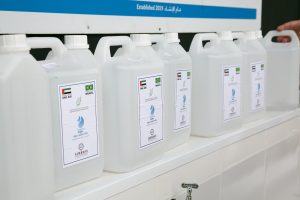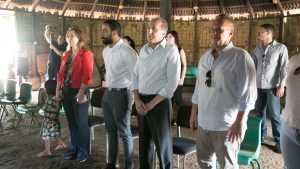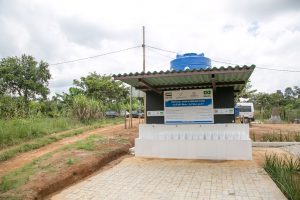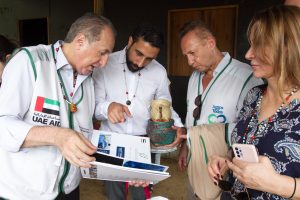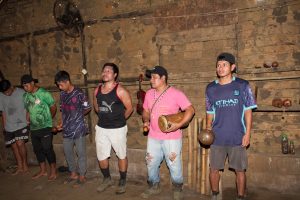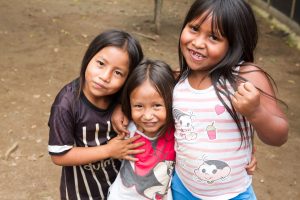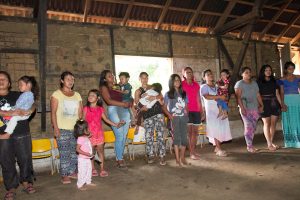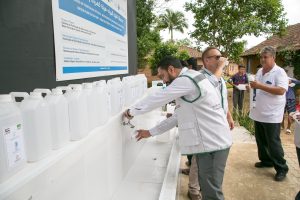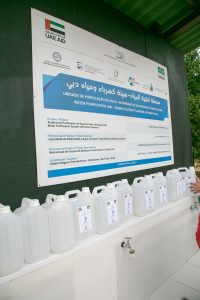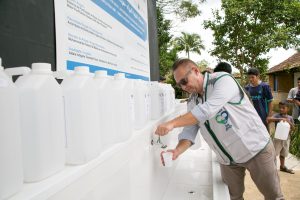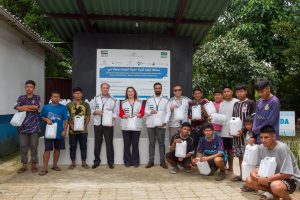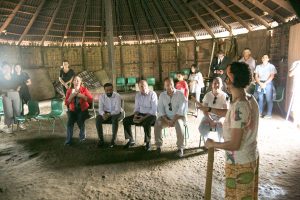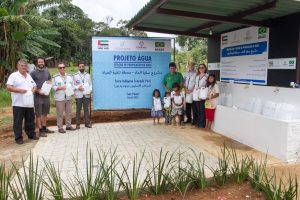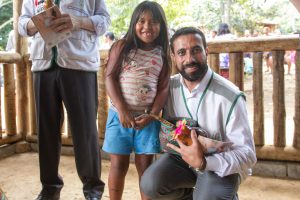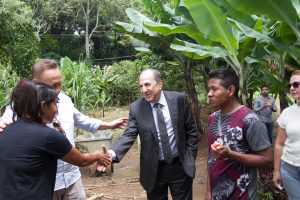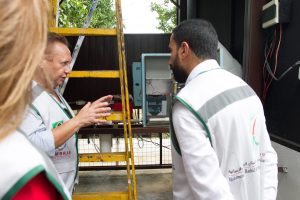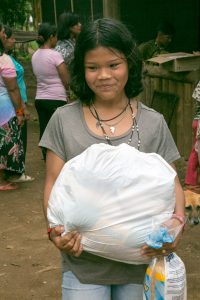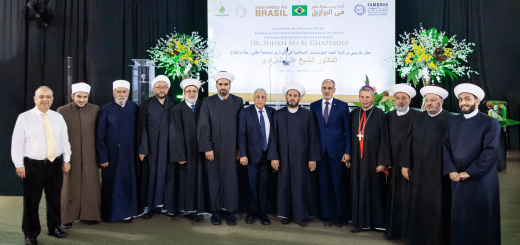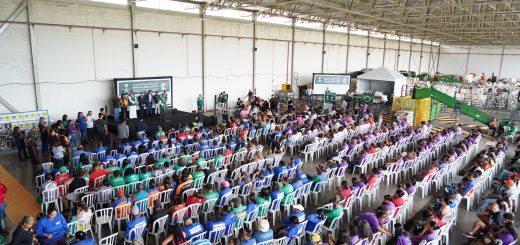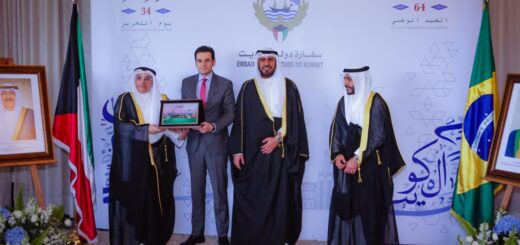Water, Health, and Life Project: Inaugurates Another Water Treatment and Purification Station in the Tenondé Porã Indigenous Lands in the Extreme South of São Paulo
This is the third unit built with investments from the Mohammed Bin Rashid Foundation and FAMBRAS; two others are already in operation.
The indigenous peoples of the Tenondé Porã village celebrated another investment in their territory last Saturday (20). The occasion was the inauguration of the third water treatment and purification station in the region, located in the far south of the São Paulo capital. The Federation of Muslim Associations of Brazil – FAMBRAS and the Mohammed Bin Rashid Al Maktoum Humanitarian & Charity Foundation, an entity from the United Arab Emirates, funded the construction of the unit. The inauguration took place on the same day as the commemoration of Indigenous Awareness.
To enable dignified access to potable water, promoting health and well-being in less privileged communities, the station uses the Ecolágua water purifier, created by Roland Vetter, a researcher at the National Institute of Amazonian Research (Inpa). The technology uses ultraviolet (UV) rays to purify river water and make it potable. For the installation, a study on the conditions and needs was conducted.
“We have a Management, Territorial, and Environmental Plan for each indigenous land, and within this planning, we analyze the situation and main demands such as infrastructure, water, electricity, and production, among others. After this analysis, we think about actions. Regarding water, we study the villages that have greater vulnerability in terms of water resources and then work to bring the liquid within potability parameters,” explains anthropologist Lucas dos Santos.
In the village, which is keen to preserve the habits and traditions of the Guarani ethnicity, the availability of potable water aids in the preparation of food for local consumption and in activities and services carried out in the field, benefiting adults, elderly, and children. The indigenous and also teacher Priscila spoke about the benefits that the natural resource provides for the entire community. There are hundreds of people living in the territory.
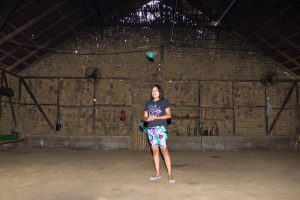 “We don’t have a chief. We have some leaders and we perform the task together, equally. Potable water will bring more quality of life to everyone here. The children will be healthier to study and have fun, the women will be able to cook more peacefully, and others can use it as they wish,” she details.
“We don’t have a chief. We have some leaders and we perform the task together, equally. Potable water will bring more quality of life to everyone here. The children will be healthier to study and have fun, the women will be able to cook more peacefully, and others can use it as they wish,” she details.
The Ecolágua purifier has components such as a lamp, metal tube, and solar panels. Each part has an important function in the water cleaning process in a few seconds. Delduque Martins, Director of Projects and Institutional Relations at FAMBRAS and the engineer responsible for the project and installation, explains the purification and distribution process.
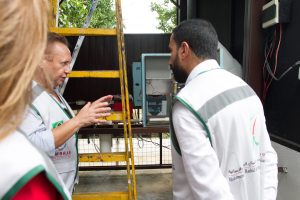 “The unit can purify approximately 400 liters of water per hour. The efficiency of elimination is up to 99% of the bacteria and fungi in the water. The device, which weighs an average of 13 kilograms, has an ultraviolet light lamp housed in a metal tube. When water passes through it, it receives the ultraviolet light, making the liquid come out disinfected. The lamp and the device’s battery last about three to four years,” says Martins.
“The unit can purify approximately 400 liters of water per hour. The efficiency of elimination is up to 99% of the bacteria and fungi in the water. The device, which weighs an average of 13 kilograms, has an ultraviolet light lamp housed in a metal tube. When water passes through it, it receives the ultraviolet light, making the liquid come out disinfected. The lamp and the device’s battery last about three to four years,” says Martins.
“The energy that powers the device is solar – captured through solar panels. It also powers a battery installed in the device that ensures its operation even in the absence of light or on rainy days,” continues the director of FAMBRAS, who closely follows the investments made by the Federation and the Emirati entity.
According to the WHO – World Health Organization, access to safe and potable water for consumption, sanitation, and hygiene is still scarce for half of the world’s population. The expansion of resources could prevent at least 1.4 million deaths. Additionally, there are several diseases associated with poor water supply and hygiene conditions, including malnutrition, acute respiratory infections, and soil-transmitted helminths.
During the inauguration, which included the participation of the vice-president of FAMBRAS, Ali Zoghbi, the representative of the United Arab Emirates Consulate in São Paulo, Amro Mohamed El Sayed Ali Awad, and various families from the village, there was also the distribution of basic baskets and cultural presentations – with singing and dancing. Two more stations are expected to be inaugurated this year.

